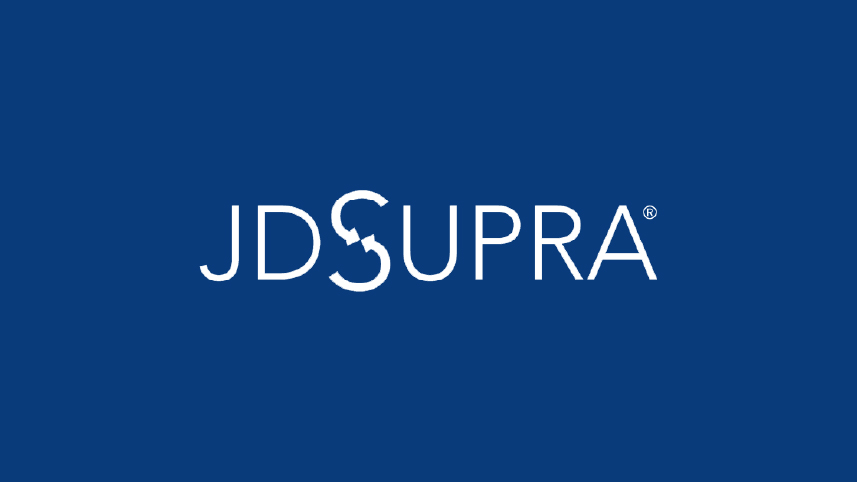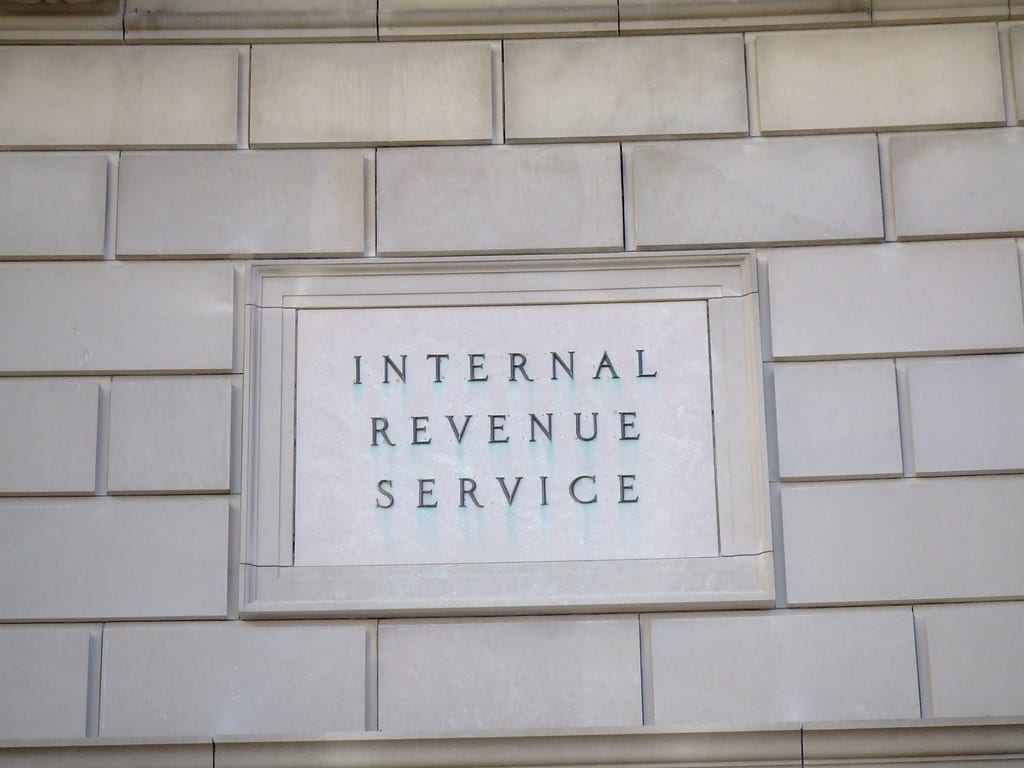May 14, 2025

This information is provided for educational purposes only by Kohn, Kohn & Colapinto and does not constitute legal advice. No attorney-client relationship is created by accessing this content. Laws and regulations may change, and this material may not reflect the most current legal developments. If you believe you have a whistleblower claim, consult a qualified attorney to discuss your specific circumstances.
Under the IRS Whistleblower Program, tax whistleblowers who provide information about offshore tax havens that lead to the recovery of taxes, penalties, and interest may be eligible for a reward. The tax, penalties, interest, and other amounts in dispute must be at least $2 million for individuals or $5 million for corporations.The information provided by the whistleblower must lead to the successful collection of taxes, penalties, interest, and other amounts in dispute.
Furthermore, those who report money laundering through the Anti-Money Laundering (AML) program may be eligible for rewards as well. Any individual who provides useful information or assistance to law enforcement in the investigation or prosecution of money laundering offenses may be eligible for a reward between 10% and 30% of the sanctions collected against a money launderer. Award amounts vary depending on the type of information submitted.
Continue reading to learn more about reporting offshore tax havens and how to get a whistleblower reward from the IRS for reporting U.S. citizens or corporations to the IRS, or for reporting money laundering to FinCEN under AML.
Qualifying for an Award
Note on citizenship
IRS and AML whistleblowers do not need to be U.S. citizens in order to receive a whistleblower reward. Both programs are open to individuals of any nationality who provide information about tax evasion or money laundering related to U.S. taxes.
As stated above, under the IRS whistleblower reward program, whistleblowers are eligible for rewards if the tax, penalties, and interest involved in the case exceed $2 million for individuals or $5 million for corporations. To qualify for a reward for reporting offshore tax haven, a whistleblower typically must meet the following qualifications:
- The whistleblower must have original and specific information about the offshore tax haven that has not been publicly disclosed.
- The information provided by the whistleblower must be credible and verifiable.
- The offshore tax haven must be considered illegal or fraudulent under the laws of the country where it is located.
- The whistleblower must provide the information to the appropriate authorities, such as the Internal Revenue Service (IRS) or the Department of Justice (DOJ), in a timely manner.
- The whistleblower must cooperate fully with the authorities during the investigation and any subsequent legal proceedings.
- The information provided by the whistleblower must lead to the successful enforcement of the law against the offshore tax haven and the recovery of any taxes owed.
- The whistleblower must not have participated in the illegal activities related to the offshore tax haven.
Eligibility for rewards under the anti-money laundering law may also vary depending on the jurisdiction and the specifics of the case. AML applies to individuals who work in the financial industry, such as bank employees, as well as members of the general public who may have knowledge of suspicious financial activity. Both US and foreign whistleblowers are eligible under the new AML laws, which were passed in December 2022 (read press release).
Steps to Blow the Whistle on Offshore Tax Violations
IRS
It is not required to have a whistleblower attorney to report offshore tax violations to the IRS. However, hiring an attorney who is experienced in whistleblower cases may be beneficial as they can provide legal advice and representation throughout the process.
In general, the process is as follows:
- Gather all relevant information and evidence of the offshore tax violation. This may include documents, emails, or other evidence of illegal activities related to offshore tax evasion.
- Contact the appropriate government agency or law enforcement agency that handles offshore tax violations. This may be the Internal Revenue Service (IRS) in the United States or the HM Revenue and Customs (HMRC) in the United Kingdom.
- Provide the agency with the evidence and information you have gathered, along with your contact information.
- The agency will then investigate the matter and take appropriate action, which may include issuing fines, penalties, or other legal action against the individual or entity involved in the offshore tax evasion.
- In some cases, the agency may offer you a reward for providing information that leads to the successful prosecution of an offshore tax violator.
AML
If you’d like to file an anti-money laundering claim, you’ll need to gather important information and documentation, which may include bank statements, transaction records, and any other evidence that supports your claim. Once you’ve done that, you can contact the appropriate government agency – in the United States, the Financial Crimes Enforcement Network (FinCEN) is responsible for enforcing AML laws.
Once you’re ready, submit your claim to FinCEN (or with an attorney). Depending on the agency you are reporting to, you may be able to submit your claim online, by mail, or in person. Be sure to include all relevant documentation and a clear explanation of your claim. Wait for FinCEN to review your and determine if further action is necessary. This process can take several weeks or months, so it’s important to stay patient. However, follow up if you haven’t heard back in a reasonable time, just to ensure the claim is being processed.
Again, blowing the whistle on offshore tax violations or money laundering can be a complex and risky process, and it is advised to consult with an attorney or other legal expert before taking any action.
Other Notable Cases
Hervé Falciani – In 2008, Falciani, a former employee of HSBC’s Swiss private bank, leaked information about thousands of clients with offshore accounts, which revealed widespread tax evasion by wealthy individuals and corporations. This led to investigations and criminal charges against several individuals and the bank agreeing to pay a $300 million settlement.
Richard Weber – In 2014, Weber, the Chief of IRS Criminal Investigation, came forward as a whistleblower to expose the agency’s inadequate response to identifying and investigating offshore tax fraud. This led to reforms and increased resources for the IRS to tackle offshore tax evasion.
Dan Cruickshank – In 2015, Cruickshank, a former director at Credit Suisse, came forward as a whistleblower to expose the bank’s role in facilitating tax evasion by US citizens. This led to the bank agreeing to pay a $2.6 billion fine and Cruickshank receiving a $54 million reward.
John Doe – In 2016, an anonymous whistleblower known as John Doe filed a lawsuit against UBS alleging the bank had helped US citizens evade taxes by hiding assets in offshore accounts. This led to the bank agreeing to pay a $230 million settlement and John Doe receiving a $44 million reward.





